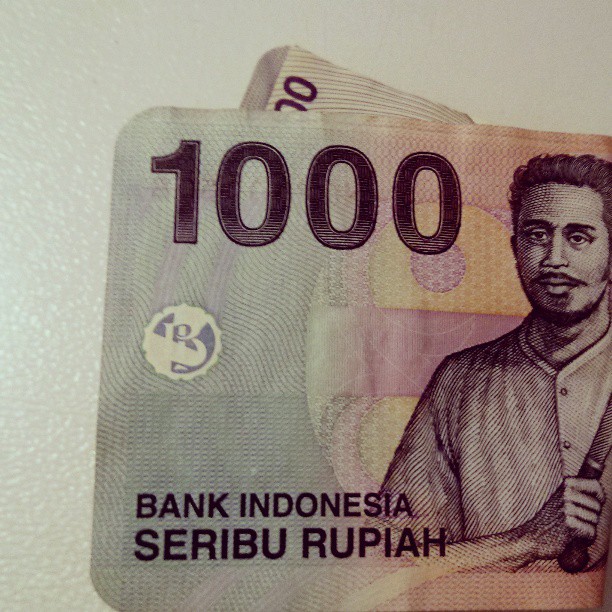
The Indonesia-Netherlands tax treaty is one of Indonesia’s biggest tax leaks
The Double Tax Agreement (DTA) between Indonesia and the Netherlands is often used by multinationals in tax avoidance planning, resulting in tax losses for the Indonesian government. More than 75% of the foreign direct investment from the Netherlands into Indonesia is structured via letterbox companies, signalling large scale treay abuse. Attempts have failed to stop tax avoidance on legal grounds, by bringing companies to the (Indonesian) Tax and Supreme Court. New qualitative research shows that the companies win most cases.
How the Indonesia-Netherlands tax treaty enables tax avoidance
Indonesian research organisation Prakarsa and SOMO looked at 27 court cases brought before the Tax Court and the Supreme Court. All but two were won by multinationals. One key factor is the questionable application of legal concepts, such as beneficial ownership. In 2002, the Netherlands and Indonesia agreed to come to a mutual agreement on a common definition, but only did so in 2015.
The tax treaty between Indonesia and the Netherlands is one of the most favourable in terms of low withholding taxes. It does not include anti-abuse measures, and is thus widely used for ‘treaty shopping’, and tax avoidance.
SOMO and Prakarsa looked in-depth at cases around companies like Akzo Nobel, Boskalis, Indosat, Friesland Brands and ECCO and estimated that the Indonesian government loss of tax income could be over IDR 386bn (appr. € 24 million) for the 27 cases in the report. Furthermore, they expose a number of structural problems in the DTA:
- The exceptionally low rates for withholding tax make the DTA very popular for tax planning purposes.
- The low substance requirements in the Netherlands, which makes it a conduit, state (with more than 18,000 letterbox companies).
- Lack of an effective anti-abuse measure.
“Add this to the limited capacity of the Indonesian courts to tackle tax avoidance and you see why it is so important that the structural causes are solved”, says SOMO-researcher Maarten Hietland. “This tax treaty has a very negative impact on the Indonesian tax base and thus on public services and the people that depend on them, especially women and girls who need strong public health and educational services most.”
Partners
-
Perkumpulan Prakarsa
Related content
-
 Maarten HietlandPosted in category:Publication
Maarten HietlandPosted in category:Publication Maarten Hietland
Maarten Hietland
-
The Netherlands – still a tax haven Published on:
 Arnold MerkiesPosted in category:Publication
Arnold MerkiesPosted in category:Publication Arnold Merkies
Arnold Merkies
-
 Tax avoidance in Mozambique’s extractive industriesPosted in category:Long read
Tax avoidance in Mozambique’s extractive industriesPosted in category:Long read Vincent KiezebrinkPublished on:
Vincent KiezebrinkPublished on:

